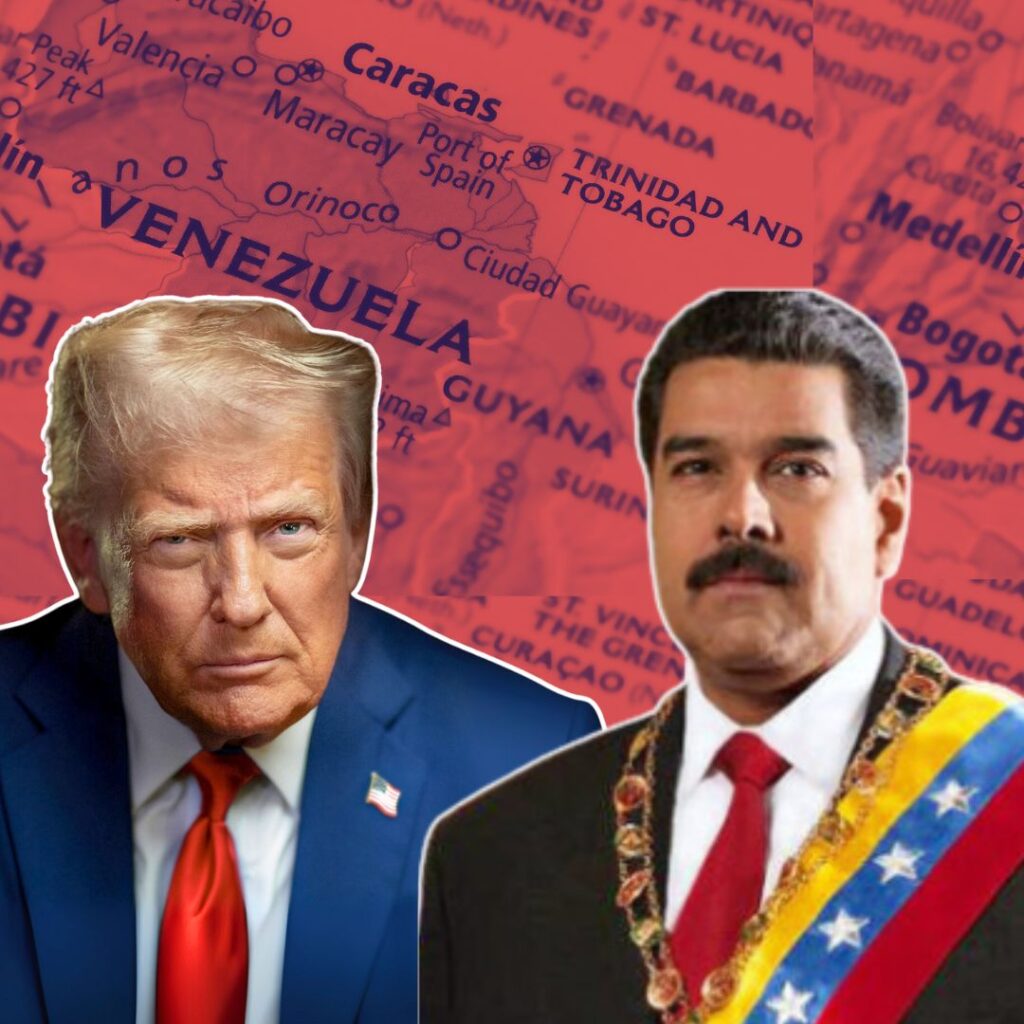In a rare display of mass protests, thousands of people in an ethnic Mongolian region of northern China have gathered outside schools to protest a new policy that would reduce the teaching of their language – Mangolian – in favour of Mandarin, China’s official language.
The policy change in Inner Mongolia was revealed in June and came into effect on Tuesday, September 1. Under the new policy, all ethnic minority schools in the remote region will be required to teach core subjects – politics, history, and language and literature – in Mandarin rather than Mongolian.
After the policy was announced by the Inner Mongolia Education Bureau last, tensions erupted in the region bordering Mongolia and Russia.
In protests that broke out over the weekend, a large number of students and parents were seen protesting outside schools against the policy change. As a mark of protest, some parents also held children back as schools began on Tuesday.
‘Almost every Mongolian in Inner Mongolia is opposed to the revised curriculum. In a few decades, a minority language will be on the verge of extinction,’ a 32-year-old herder from the Xilingol League area surnamed Hu, was quoted as saying by AFP news agency.
On Tuesday, hundreds of paramilitary police surrounded several bilingual boarding schools in Hinggan League and nearby Tongliao city to prevent children who were already enrolled from leaving, according to a 27-year-old herder in the Hinggan League area, who wished to remain anonymous.
Furthermore, authorities have warned people in Inner Mongolia against speaking out on social media and also removed posts on the subject on Weibo, a social media platform.
According to a report by BBC, at one of the protests, students shouted, ‘Our language is Mongolian, and our homeland is Mongolia forever! Our mother tongue is Mongolian, and we will die for our mother tongue!’
According to the Southern Mongolian Human Rights Information Center, a New York-based activist group, many parents were angry as they only learnt about the policy change as schools were set to open.
It added that there was also a tense confrontation between parents and police at one boarding school after hundreds of parents demanded their children to be released.
‘Hundreds of riot police poured to the scene, preventing the parents from accessing the school dormitories. Following hours of standoff, parents finally broke through the police barricade and proceeded to pick up their children,’ the group said.
Amid the shift in policy, some parents are also keeping their children at home. Staff at a school in Naiman county said that only around 40 students had registered for the semester as opposed to the usual 1,000. Later, some changed their minds and only 10 remained.
The staff added that teachers were sent to visit families in an effort to convince parents to send their children back to school. However, the parents said that they were worried that the language change would harm the future of their own language.
Officially, the change in policy is to ensure that the curriculum and textbooks were of a high standard.
In a statement published on Friday, the regional authority in Inner Mongolia pointed out the importance of ‘strengthening national language education in ethnic areas’.
However, critics say that the move is a part of government plans to assimilate ethnic minorities into Chinese Han culture. This comes despite the Chinese government facing largescale criticism for its treatment of minority groups including the Uighurs in western Xinjiang.
‘The whole world is talking about human rights, but we are not visible enough,’ said Temtsiltu Shobtsood, chairman of the Inner Mongolian People’s Party, an exile group, adding that China was ‘trying to suppress’ the Mongolian language.
He added that the imposition of Mandarin and the majority Han Chinese culture on minorities in the region was a form of ‘cultural genocide’.
‘The main concern of the Mongolian people is that this language change is pretty much just to wipe out the Mongolian language education in Southern Mongolia once and for all,’ Enghebatu Togochog, director of the US-based Southern Mongolian Human Rights Information Center, told The Guardian.
‘In the past 70 years Mongolian people have gone through a lot, including genocide, political oppression, economic exploitation, cultural assimilation and environmental destruction. So after 70 years of China’s heavy-handed policy, the Mongolian language is the last remaining symbol of Mongolia,’ Togochog added.
Togochog said that he received reports of authorities cracking down on protests and some parents were also beaten.
‘What is happening in Southern Mongolia (Inner Mongolia) now as we speak is a region-wide civil disobedience resistance movement that is taking place against the Chinese Central government’s attempt to wipe out Mongolian language, culture and identity once and for all,’ Togochog told Hindustan Times.
‘The new wave of cultural genocide came under the name of ‘Secondary…










